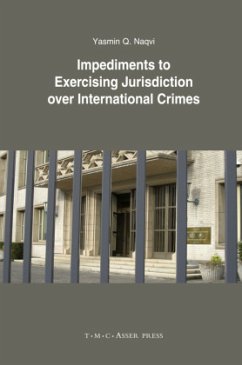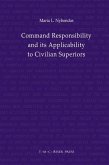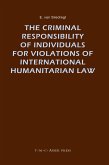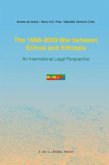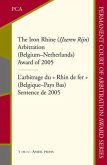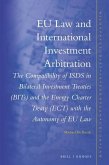The assumption is growing that legal impediments to the exercise of jurisdiction are invalid in the face of the imperative to prosecute international crimes. This analysis of seven principal impediments comparatively analyses each from the perspective of their historical origins, the policy contexts justifying them and the legal arguments used by courts and commentators to either uphold the barrier to prosecution or to reject its application so that prosecution remains unhindered. The seven impediments are: (1) Amnesties, (2) Pardons, (3) Statutes of Limitation, (4) Abuse of Process, (5) Immunities, (6) Ne bis in idem (double jeopardy), and (7) Male captus bene detentus (wrongly captured, properly detained). Each chapter contains a theoretical evaluation of each impediment, as well as a discussion of relevant case-law from world-wide domestic and international jurisdictions.
Bitte wählen Sie Ihr Anliegen aus.
Rechnungen
Retourenschein anfordern
Bestellstatus
Storno

